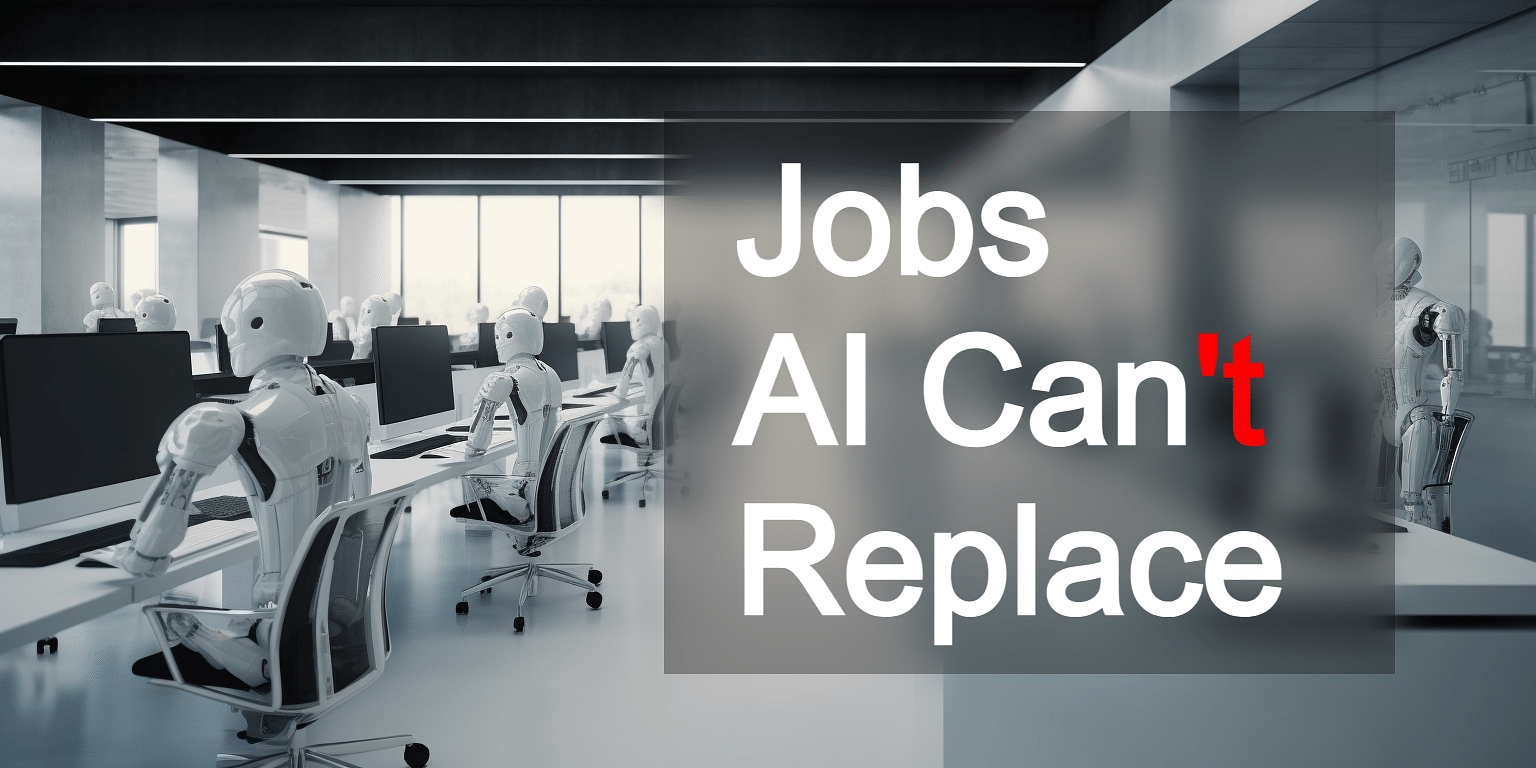The dawn of artificial intelligence (AI) has irrevocably changed the landscape of many industries, bringing with it the potential for increased efficiency, accuracy, and productivity. But with this evolution comes the question: what jobs will AI replace, and which ones are ‘safe’?
Jobs AI Can Replace
- Manufacturing and Warehouse Jobs: The automation of manufacturing processes is nothing new, but AI and robotics have taken it to a new level. Machines can now perform repetitive tasks faster and more accurately than human workers. They can work around the clock, don’t require breaks, and aren’t susceptible to injury.
- Transport and Delivery Jobs: Self-driving vehicles are becoming more and more reliable, and it’s only a matter of time before they become commonplace. This will likely lead to the replacement of jobs involving driving, such as truckers, taxi drivers, and delivery personnel.
- Data Entry and Analysis: AI algorithms excel at processing and analyzing large amounts of data. Jobs that involve repetitive data entry or analysis are likely to be automated, as AI can do these tasks quickly and with fewer errors.
- Customer Service: With the advent of sophisticated chatbots and voice assistants, many customer service tasks can now be automated. These AI systems can handle basic queries, process orders, and even troubleshoot problems, freeing up human workers to deal with more complex issues.
- Routine Medical Diagnostics: AI systems can analyze medical images, such as X-rays and MRI scans, to detect abnormalities. While they’re not perfect, their ability to process large volumes of data quickly makes them a valuable tool for routine diagnostics.
Jobs AI Can’t Replace
While AI can replace many types of jobs, there are some it can’t, at least not yet. These are typically roles that require a high degree of creativity, critical thinking, emotional intelligence, or specialized expertise.
- Creative Jobs: While AI can generate music, write articles, and even create art, it lacks the ability to truly create. It can replicate and remix, but it can’t draw from personal experiences, emotions, or a unique perspective on the world. As such, jobs in fields like writing, music, art, and design are likely safe from AI.
- Complex Decision-Making Jobs: Roles that involve complex decision-making, such as executives, entrepreneurs, and strategists, are difficult for AI to replace. These jobs require a deep understanding of nuanced factors, long-term planning, and the ability to deal with uncertainty — areas where AI still falls short.
- Jobs Requiring Emotional Intelligence: AI is getting better at mimicking human emotion, but it still can’t truly understand or empathize with people. As such, jobs that require high emotional intelligence, such as therapists, social workers, and nurses, are not likely to be replaced by AI.
- Specialized Professionals: Jobs that require deep expertise in a particular field, such as doctors, lawyers, and scientists, are less likely to be fully replaced by AI. While AI can assist in these fields, the depth and breadth of knowledge required, along with the need for critical thinking and nuanced understanding, make it difficult for AI to fully take over.
- Educators: Teaching is not just about conveying information, but also about inspiring, motivating, and understanding students. It requires emotional intelligence, adaptability, and a personal touch that AI currently can’t replicate.
All-in-all, while AI has the potential to replace many jobs, there are still areas where humans are irreplaceable. As we continue to develop and refine AI technology, it will be important to consider not just what AI can do, but also what it should do. The future of work will likely involve a combination of AI and human workers, each playing to their strengths to create a more efficient and productive society.








![Read more about the article [Funding alert] Open marketplace for road transportation Vahak raises $14M in Series A led by Nexus Venture Partners](https://blog.digitalsevaa.com/wp-content/uploads/2022/06/settlin2-1655793200709-300x150.png)

